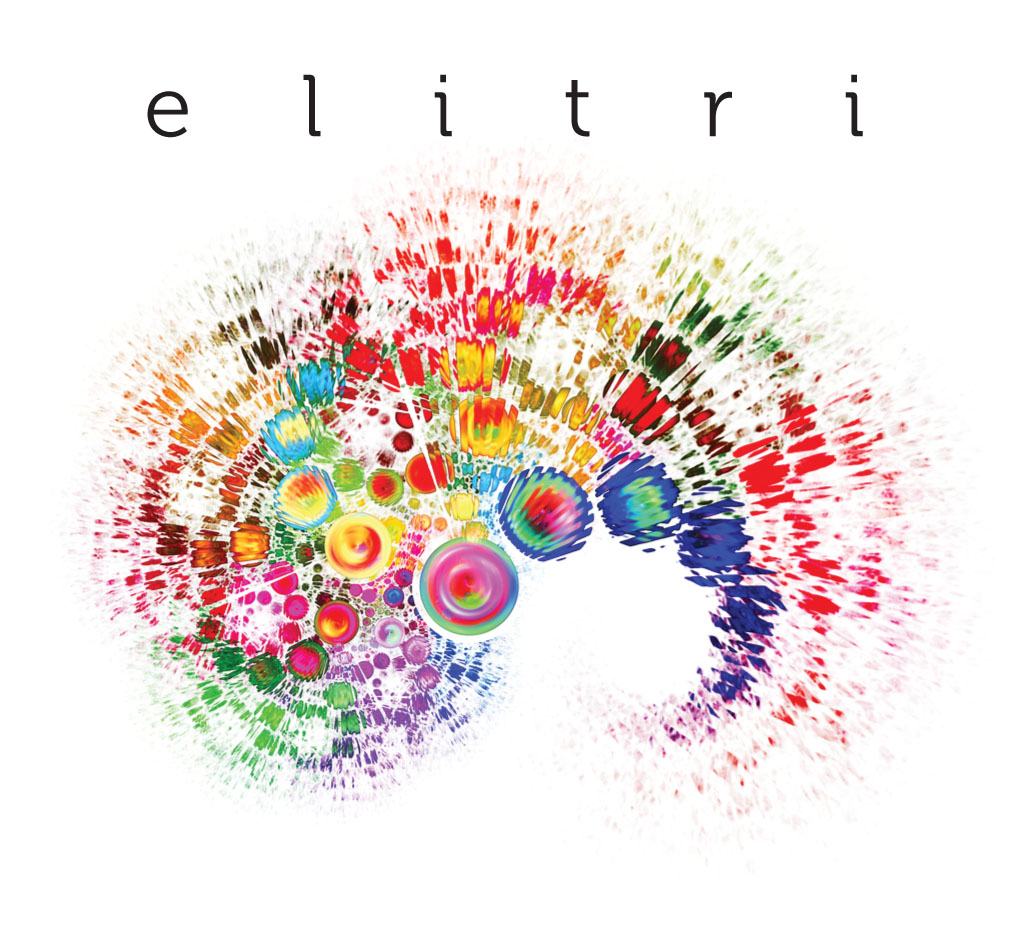Trauma-Informed & Mental Performance Specialist
Elizabeth Triassi FLE, MA. P.séd
A licensed psychoeducator and founder of Elitri, a private practice dedicated to trauma-informed care and mental performance development in sports and in life. With over two decades of experience, she supports children, teens, adults, families, and professionals through evidence-based interventions that promote resilience, emotional regulation, and growth.
Her clinical approach integrates attachment, neuroscience, and performance psychology to help clients restore safety, rebuild self-efficacy, and enhance their ability to thrive under stress. Elizabeth works at the intersection of emotional healing and optimal functioning, helping individuals process high level stress while developing the focus, mindset, and confidence required for sustainable performance in daily life, education, and sport.
Grounded in compassion and clarity, her work emphasizes collaboration between families, schools, and multidisciplinary teams to ensure continuity of care and long-term well-being.
Certified Dojang coach
Black belt Taekwondo
Black belt Taekwondo Police
Giving back
“We think sometimes that poverty is only being hungry, naked, and homeless. The poverty of being unwanted, unloved, and uncared for is the greatest poverty. We must start in our own homes to remedy this kind of poverty.” (Mother Teresa)
I have a clear purpose, which is to aid those who require assistance. A portion of my time is dedicated to supporting individuals in need, both in my community and beyond. The assistance provided is pure at heart. Those who receive it, they will see it as a gift from God that helps them find their way. I believe that wherever the journey leads me, there is someone who could benefit from the help offered.
My commitment is to fulfill life's purpose by extending aid in any way necessary.



